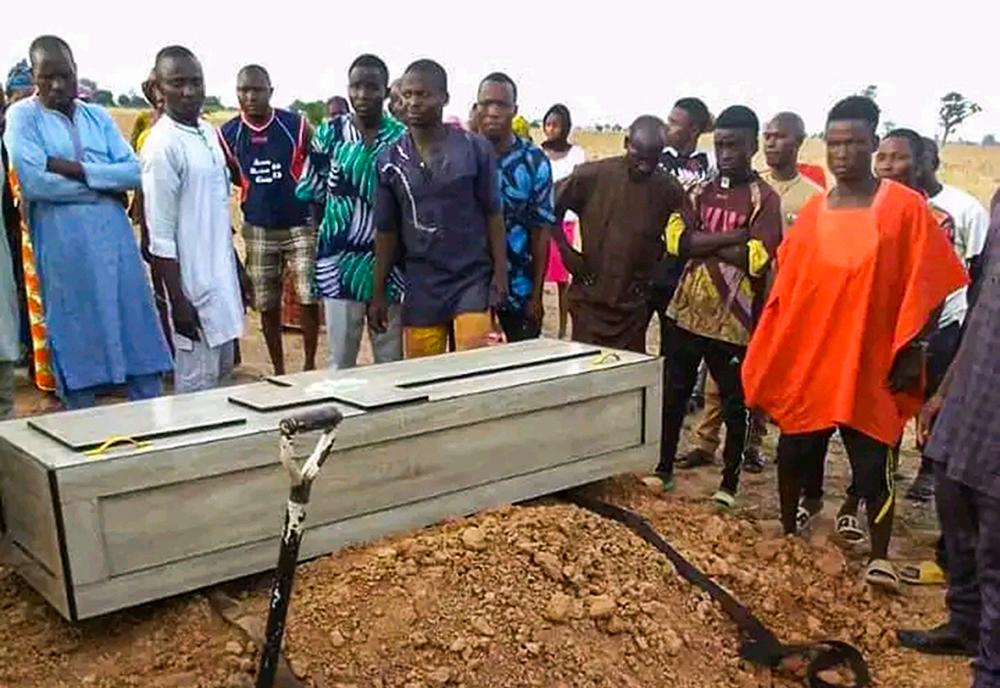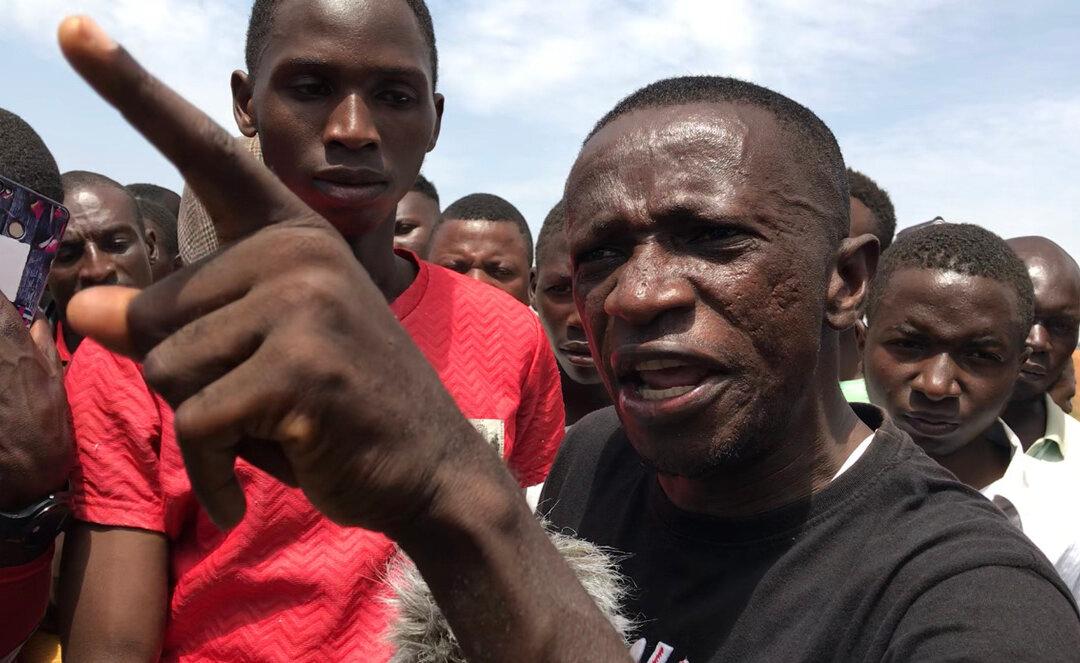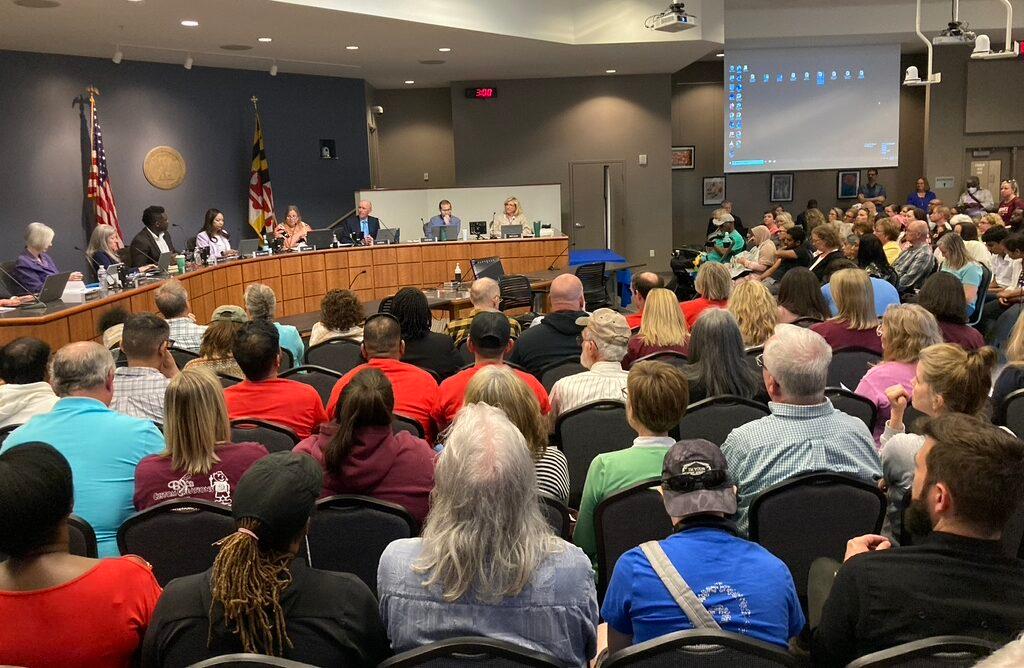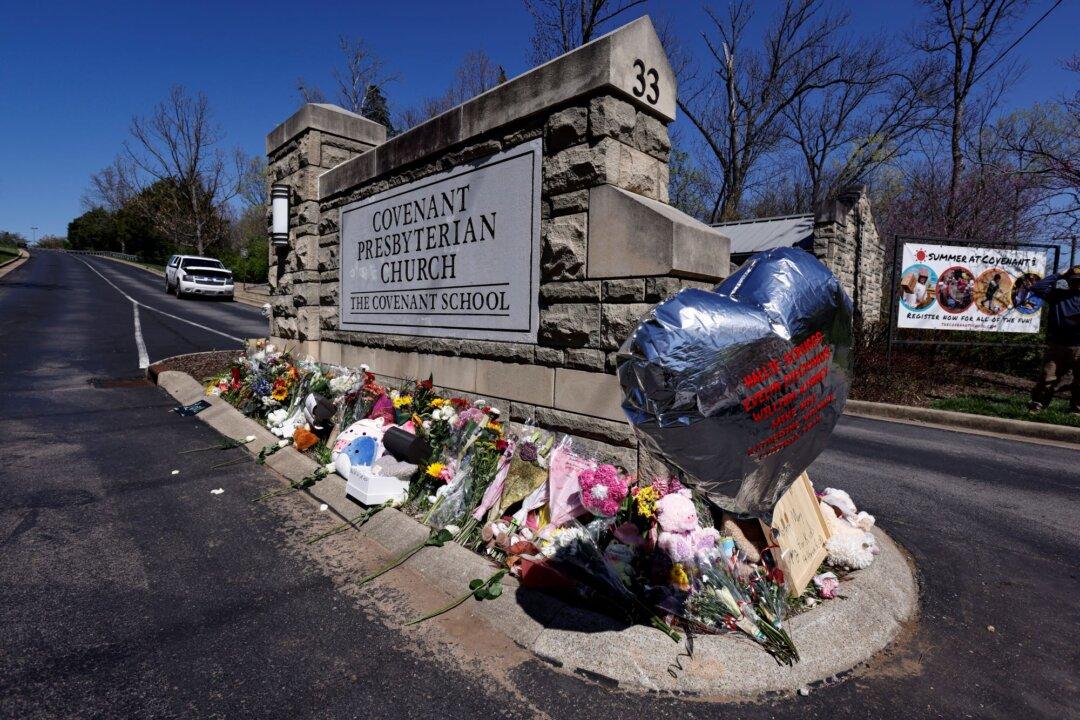American activists decrying the Christian genocide in Nigeria are asserting that jihadist violence is motivated partly by an effort to enslave women and girls.
“Most of the individuals captured by Boko Haram jihadists are young women and girls taken by force and trafficked as slave concubines,” the Committee to Free Nigerian Slaves (CFNS) said a statement.





